Water is fundamental to life, but its role in the fitness world, especially in weight lifting and recovery, is often underestimated. Understanding the science behind hydration can transform your workout routine and enhance your recovery, making each gym session more effective.
Essential Hydration: Why Water Matters in the Gym
Every cell in your body requires water to function, and muscle cells are no exception. When you lift weights, your muscles work harder, heat up, and lose water through sweat. Replenishing this lost fluid is crucial for maintaining muscle function and strength during a workout. Dehydration, even as little as a 2% loss of body water, can lead to a significant decrease in performance, reducing your ability to lift heavy weights or complete enough repetitions.
Boost Performance with Balanced Fluids
Hydration affects blood viscosity, circulation, and cardiovascular health. Proper hydration ensures that your heart can efficiently pump blood to your muscles and other organs. This is vital during workouts like weight lifting, where blood flow to active muscles increases, enhancing oxygen and nutrient delivery and improving performance. Additionally, water helps to maintain electrolyte balance, which is crucial for muscle contractions and maintaining strength throughout your workout.
Water’s Role in Energy Processes
Water plays a pivotal role in metabolic processes that provide the energy required for weight lifting. It is essential for digesting carbohydrates and proteins, which are key nutrients for energy and recovery. Hydrating properly ensures that the digestive system works efficiently to break down these nutrients, making them available for energy production and muscle repair.
Preventing Muscle Fatigue and Cramps
A common challenge for weightlifters is muscle cramps, which can abruptly end a workout session. Adequate hydration helps prevent cramps by keeping muscles lubricated and facilitating smooth muscle contractions and relaxations. Additionally, water helps flush out lactic acid and other waste products generated during intense workouts, which if accumulated, can lead to muscle soreness and fatigue.
Accelerated Recovery through Hydration
Post-workout recovery is as crucial as the workout itself. Consuming enough water after lifting weights helps in the quick recovery of muscles by replenishing lost fluids and aiding in the repair and growth of muscle tissues. Well-hydrated muscles are more resilient and repair faster, reducing recovery time and making it easier to maintain a consistent training schedule.
Optimal Water Intake for Weight Lifters
The amount of water needed can vary based on individual fitness levels, the intensity of the workout, and environmental conditions. A good rule of thumb is to drink at least 500 ml (about 17 oz) of water two hours before exercising to ensure adequate hydration to start with. During workouts, it is advisable to sip small amounts of water regularly to compensate for fluid loss from sweating. Post-workout, drinking enough water to replace any weight lost can be a good measure of how much to drink to rehydrate effectively.

Water vs. Sports Drinks: What’s Better for Weight Training?
While water is generally sufficient for short-duration weight training, sports drinks containing electrolytes and carbohydrates can be beneficial during prolonged sessions or workouts in hot and humid conditions. These beverages help replenish electrolytes lost in sweat and provide a quick energy boost through carbohydrates. However, for most gym-goers, staying hydrated with water is adequate and essential.
Understanding Signs of Dehydration
Recognizing the early signs of dehydration can help prevent its adverse effects on health and gym performance. Symptoms include thirst, dry mouth, reduced urine output, urine that is more yellow than usual, lethargy, and dizziness. Being aware of these signs can prompt timely hydration, ensuring continuous performance and safety during weight lifting routines.
Incorporating Hydration into Your Fitness Plan
To fully harness the benefits of hydration, include water intake in your fitness plan. Carry a water bottle to the gym, sip between sets, and monitor your intake throughout the day. Hydration should be a daily priority, not just a pre-workout or post-workout focus.
The Science of Sweat and Recovery
Sweat rate can vary widely between individuals, and understanding your sweat rate can help tailor your hydration needs more precisely. Weigh yourself before and after your workout to see how much weight you've lost, and aim to drink 1.5 times the lost weight in fluids over the next six hours to ensure full recovery.
The Bottom Line on Water and Weight Training
Water is more than just a thirst quencher—it's a vital component of your fitness regime. Adequate hydration enhances performance, prevents adverse health effects, and speeds up recovery, making it a powerhouse for anyone serious about weight lifting. So next time you hit the gym, make sure to take your water bottle along—it might just be your best training partner.
What Sets BoostedOxygenWater Apart?
Discover the future of hydration with BoostedOxygenWater! Our unique water is scientifically formulated with 7ppm of stable oxygen, offering nearly double the oxygen delivery to your cells. With an optimal 7:1 oxygenation ratio, BoostedOxygenWater ensures deep, satisfying hydration for those who demand the best from their water. Elevate your product lineup and give your customers the key to enhanced vitality and hydration. Don’t miss out on this revolutionary advancement in water technology. Interested in expanding your offerings with BoostedOxygenWater? Schedule a call with us today to learn more about our wholesale opportunities and start transforming hydration in your market!
Reference:
- Armstrong, L. and Johnson, E. (2018). Water intake, water balance, and the elusive daily water requirement. Nutrients, 10(12), 1928. https://doi.org/10.3390/nu10121928
- Barr, S. (1999). Effects of dehydration on exercise performance. Canadian Journal of Applied Physiology, 24(2), 164-172. https://doi.org/10.1139/h99-014
- González‐Alonso, J., Mora-Rodríguez, R., & Coyle, E. (2000). Stroke volume during exercise: interaction of environment and hydration. Ajp Heart and Circulatory Physiology, 278(2), H321-H330. https://doi.org/10.1152/ajpheart.2000.278.2.h321
- Makaryus, R., Miller, T., & Gan, T. (2018). Current concepts of fluid management in enhanced recovery pathways. British Journal of Anaesthesia, 120(2), 376-383. https://doi.org/10.1016/j.bja.2017.10.011
- Manz, F. and Wentz, A. (2005). The importance of good hydration for the prevention of chronic diseases. Nutrition Reviews, 63, S2-S5. https://doi.org/10.1111/j.1753-4887.2005.tb00150.x

